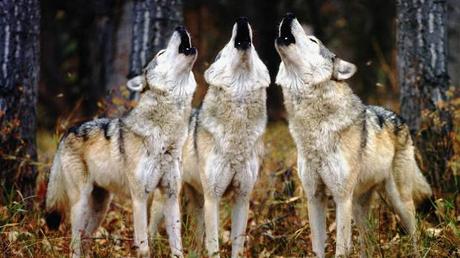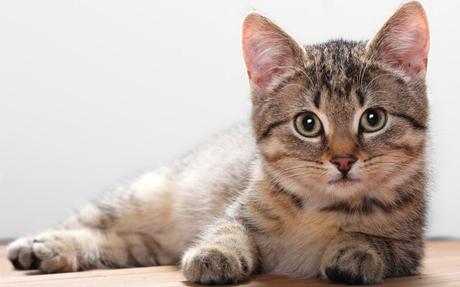
This is my puppy Zipporah.
I love her. She was my baby before I had a baby, so she gets seniority. I even have a snowsuit for her that was more expensive than my son’s. Don’t judge me. One of the reasons I can legitimately call her my baby is because her digestive system is just as annoying as mine is. When she was a puppy she could eat anything. My mother used to feed her those hard cheesy, dayglow, puff things by the bagful. No, I don’t know why my mother has this need to slowly poison everything she loves. Her motivations are good… When Zipporah turned 4 she suddenly started having digestive symptoms exactly like mine. Bloating, diarrhea, and nausea were commonplace every time she ate something. Do you want to know about the bloody diarrhea? Well, let’s just say my bedroom, stairwell, kitchen, living room, and backyard looked like a crime scene. Now, I get to buy $50 a bag food for her so she doesn’t die from eating. I don’t know if she has celiac disease. But, this got me thinking. Can dogs have celiac disease? Should you be worried about your pet eating gluten? How many more ways can the universe find to complicate my life?

Let’s think about this. When was the last time you heard of a pack of wolves hunting down a dinner roll or lions on the savannah taking down a lame cupcake? Stupid question, right. Cats and dogs are carnivores. Look at their teeth. Do those sharp curved things look like they’re for chomping on muffins or breadsticks? The ancestors of modern dogs and cats didn’t eat gluten or grains of any kind. Carnivores, by definition, eat only meat. Cats and dogs as a species handled the introduction of grains and gluten into their diet differently. Cats don’t digest carbs (or gluten). For most cats, gluten passes harmlessly through their system. Dogs have actually evolved over time so that they have genes that allow them to digest carbohydrates. Your modern Labrador can actually eat grains.
Now, what about gluten? Grains and gluten aren’t necessarily synonymous. Can dogs and cats have celiac disease? Do you need to shell out extra money for gluten free dog food? Normally dogs process gluten with a pancreatic enzyme, so they can handle it. However, this enzyme doesn’t always function correctly. In dogs, this condition is called gluten-induced enteropathy. Aren’t you glad you just have to tell people you have Celiac? There haven’t been enough studies in dogs to know exactly why this happens, but in GIE the immune system, like in Celiac, attacks the intestinal lining making nutrient absorption impossible. The symptoms include diarrhea, weight loss, poor coat condition, etc. much like Celiac. And, like with celiac, when you introduce a gluten free diet symptoms disappear. This appears to be a rare condition in dogs, even dogs with food allergies. In one study, the most common dog allergen was actually found to be beef. Weird, huh?

In cats, gluten isn’t broken down. It passes through your cat’s system without incident. It doesn’t have any nutritional value, but it doesn’t necessarily harm your cat. Although gluten doesn’t harm most cats there can be another reason to avoid it. Many times the gluten is used to bump up the protein content in cat food. However, since cats can’t digest it they aren’t actually getting all the protein the bag says they are. It’s sneaky, but not surprising. Corporations don’t really care about your cat. They care about money. Shocking… Cats, particularly young ones, can develop a carbohydrate allergy that is very much like celiac. The symptoms of this allergy are similar to Celiac disease and the treatment is the same, an elimination diet.
Does your animal need to be gluten free? If they’re having symptoms of digestive distress that persist take them to your vet to get it checked out. Worst case scenario, if they do have an issue with gluten you have another creature in your household that also needs to bring their own food to Christmas dinner. Going gluten free won’t harm your pet either way. They’re not missing anything from omitting grains. And, a benefit to moving to gluten free pet food is that you’re eliminating another source of gluten from your household. Do you wash your hands after you feed the dog? If not, then you may be contaminating yourself with gluten. Every time you interact with pet food (or kitty litter) that has gluten you’re opening yourself up to cross-contamination. So, there’s some selfish reasons for making your pet gluten free. If it helps you and doesn’t hurt them, why not give gluten free a try?
Alicia is a super mom, wife, competitive athlete, and freelance writer. Find out more about her everyday adventures by liking her on Facebook.

For more resources on Pets and Celiac Disease Visit: PetMd.com| PetWave| Pets The Nest|A Lifline Hospital

